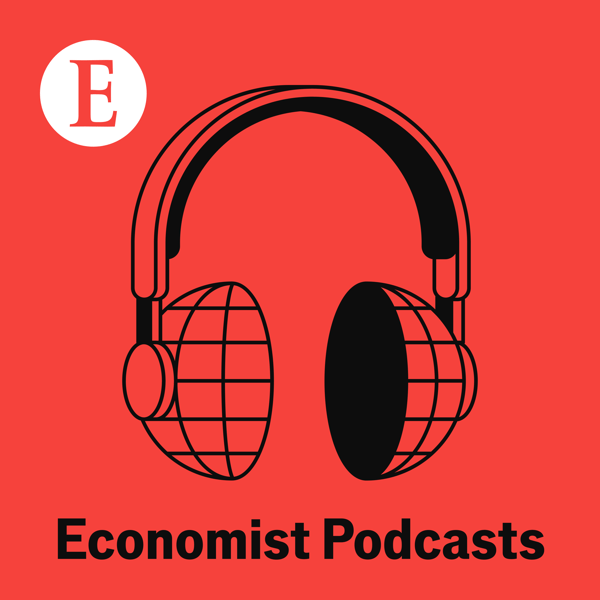Moveable feast: a global food system adapts
Economist Podcasts
The Economist
4.4 • 4.9K Ratings
🗓️ 12 May 2020
⏱️ 22 minutes
🧾️ Download transcript
Summary
Hosted on Acast. See acast.com/privacy for more information.
Transcript
Click on a timestamp to play from that location
| 0:00.0 | Hello and welcome to the Intelligence on Economist Radio. I'm your host, Jason Palmer. |
| 0:09.5 | Every weekday we provide a fresh perspective on the events shaping your world. |
| 0:14.7 | Measuring inflation is absolutely key to gauging a country's economy and planning policy, |
| 0:23.6 | but in many places, price changes are tallied the old fashioned way by visiting stores |
| 0:28.1 | and restaurants. What to do then when they're all closed. |
| 0:32.6 | And have you ever gone to a gig and felt bad for the Opening Act? |
| 0:36.5 | Everyone talking, no one clapping? Well, it's worse than that. |
| 0:40.5 | A new study finds that being the warm-up act for a big name doesn't much help |
| 0:44.6 | a struggling band's fortunes. |
| 0:45.9 | First up though. |
| 1:01.0 | Global cooperation has not always been easy to find during the COVID-19 pandemic, |
| 1:06.5 | but if you're sitting in the rich world, think about your lunch. |
| 1:09.8 | As lockdowns began to settle in, stockpiling and panic buying caused super market shelves |
| 1:14.8 | to empty out. But by road, rail, air and sea, shipping and logistics industries worked hard |
| 1:21.2 | to fill them back up. Millions of firms made on the spot decisions to adapt, |
| 1:26.2 | changing suppliers, refitting storage. They're all part of an intricate $8 trillion |
| 1:31.5 | global food supply chain. So on the import side, we are the number one port for imported green coffee |
| 1:37.9 | for the US. And then on the export side, we're one of the largest ports for export frozen poultry. |
| 1:44.2 | Jeanine Mansour is the commercial director of the port of New Orleans, |
| 1:47.5 | and on the front lines of the supply chain for food into and out of America. |
| 1:51.5 | So we rely on the supply chains of our export as an imported, so if there's massive disruption, |
| 1:58.2 | then of course our volumes are going to be affected. |
... |
Please login to see the full transcript.
Disclaimer: The podcast and artwork embedded on this page are from The Economist, and are the property of its owner and not affiliated with or endorsed by Tapesearch.
Generated transcripts are the property of The Economist and are distributed freely under the Fair Use doctrine. Transcripts generated by Tapesearch are not guaranteed to be accurate.
Copyright © Tapesearch 2025.

